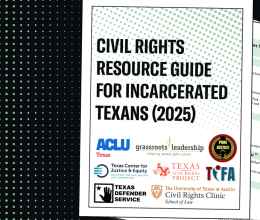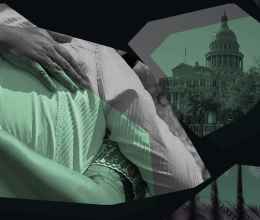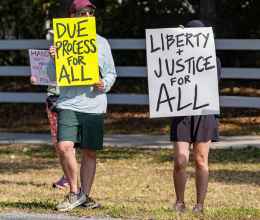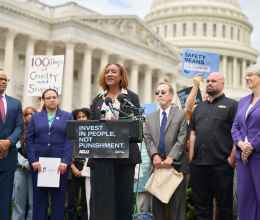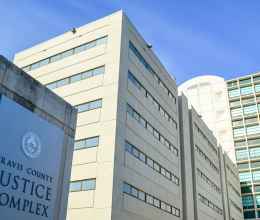
Note: The season premiere of PBS' FRONTLINE will take a close look at the Cameron Todd Willingham case. The show will begin airing Tuesday, Oct. 19. Check local listings.
By Jose Medina ACLU of Texas Media Coordinator One thing was clear during last week’s court on inquiry into the Cameron Todd Willingham case: There are certain things in which anything less than 100 percent is unacceptable. The inquiry into whether Willingham was wrongfully executed for the 1991 fire which killed his three daughters finally got under way Thursday afternoon and wrapped up the same day. But while we don't yet have a ruling, what we already know from the inquiry is that “junk science” was used to convict and later execute Willingham. “Completely unreliable,” “faulty,” “discredited,” were just some of the terms used to describe the conclusions investigators and prosecutors used in building a case against Willingham. And there was also the term “purchased” used to describe the jailhouse informant who testified Willingham confessed to the crime as he awaited trial. That informant later recanted. Much of the “science” used to determine the Willingham fire was intentionally set was as faulty in 1991 as it was in 2004 when Gov. Rick Perry declined to stop Willingham’s execution. While there is still a chance that Willingham’s conviction will be overturned, what can’t be overturned is that Willingham is already dead, meaning that the state of Texas executed an innocent man. Some death penalty supporters claim that there are enough safeguards in place to ensure all who are on death row belong there. But what the Willingham case has already shown is that in this case, or others around the country, someone, somewhere has made a mistake. Or will make a mistake. And when we’re talking life and death, 99.9 percent accuracy is not good enough.


